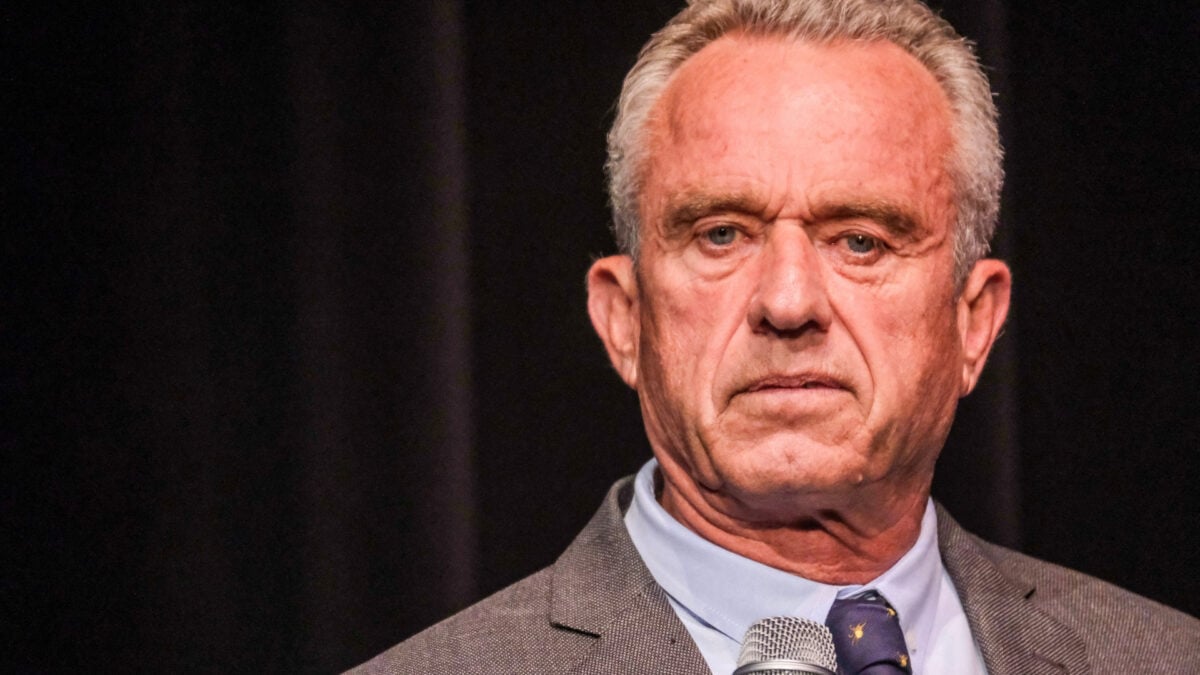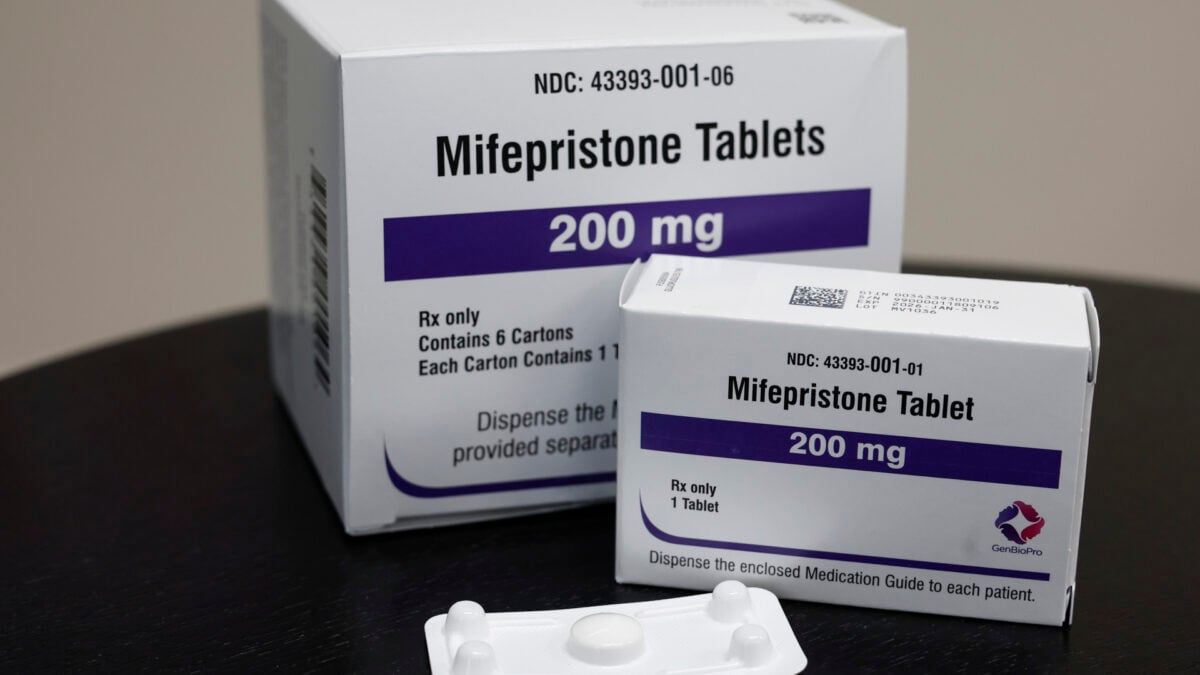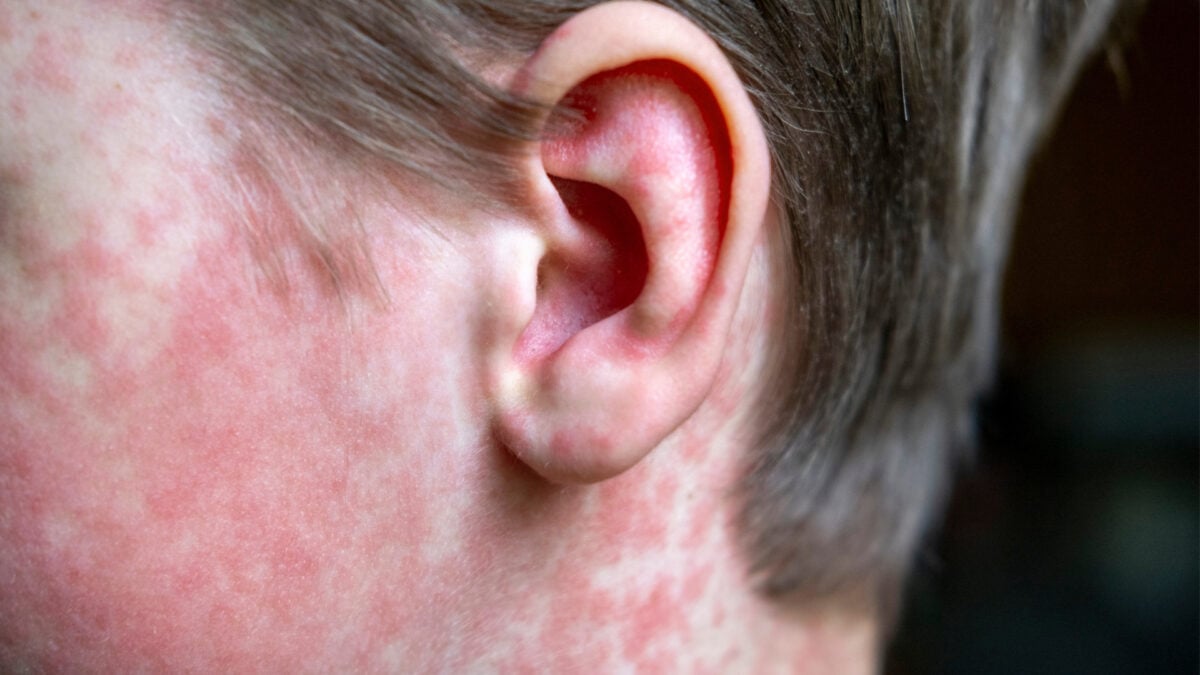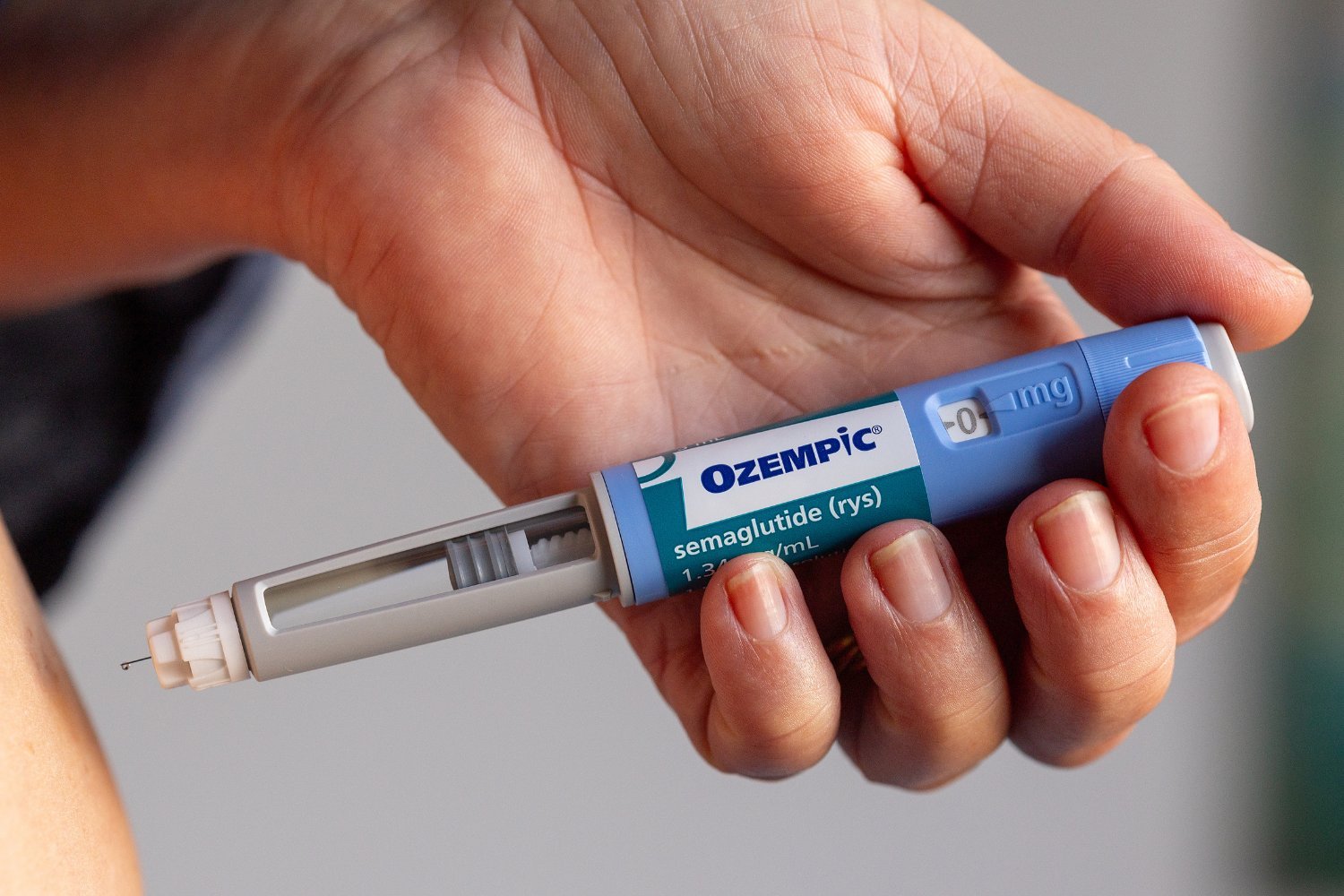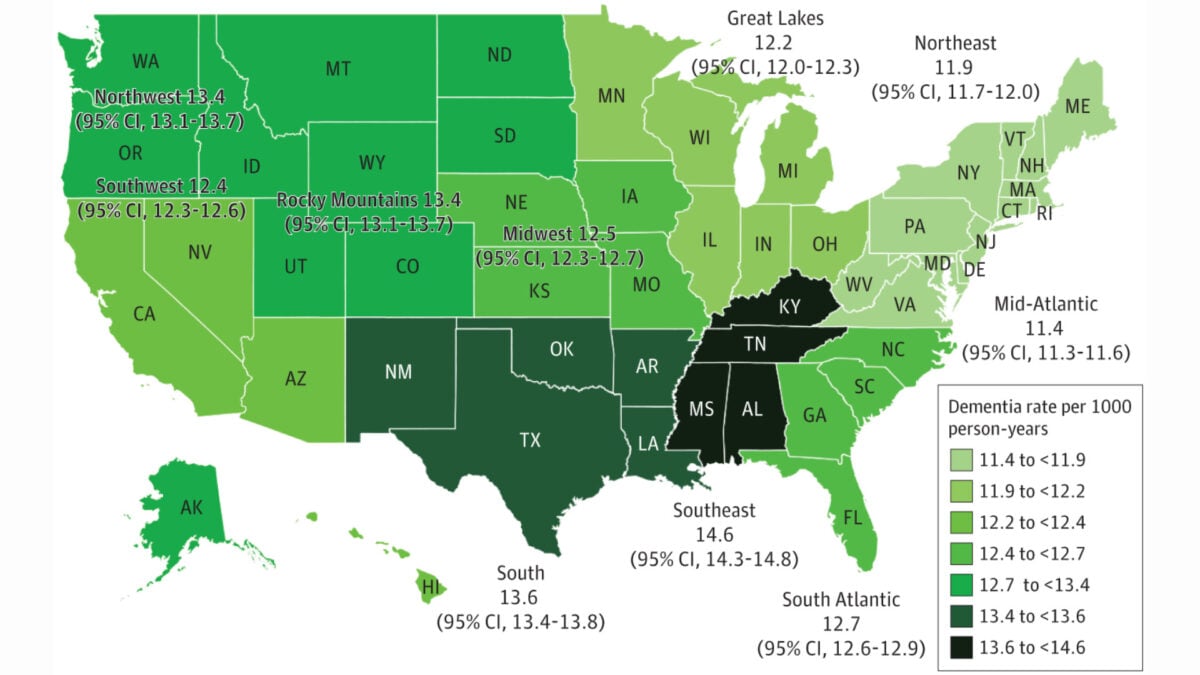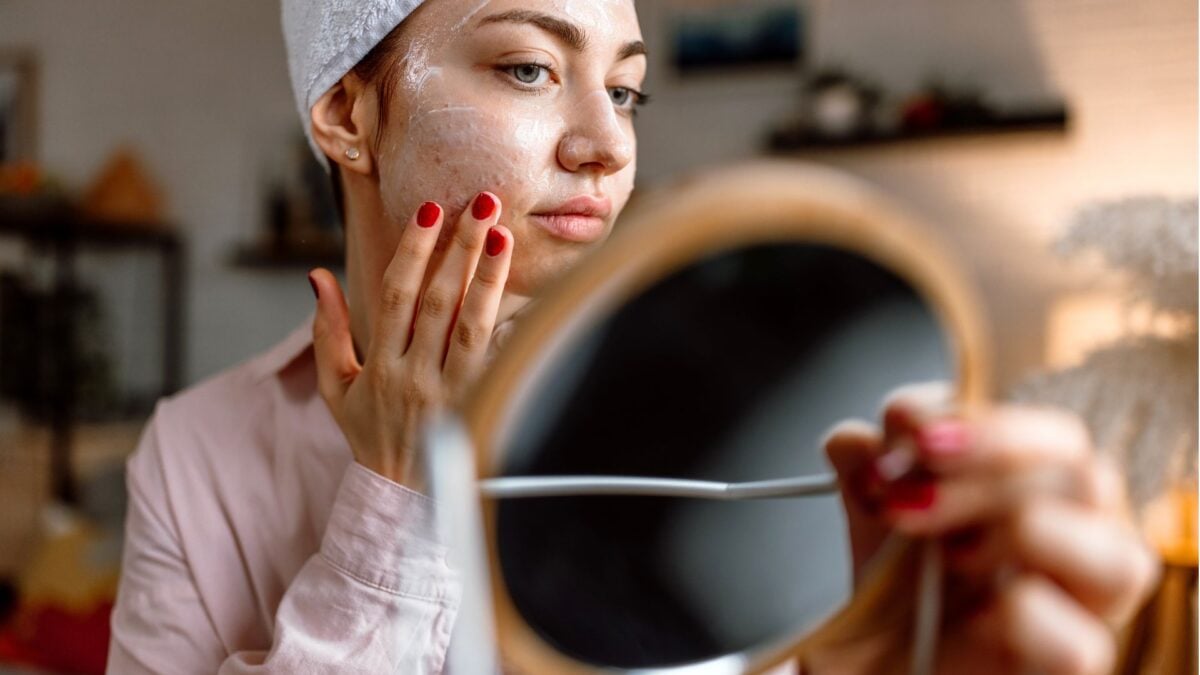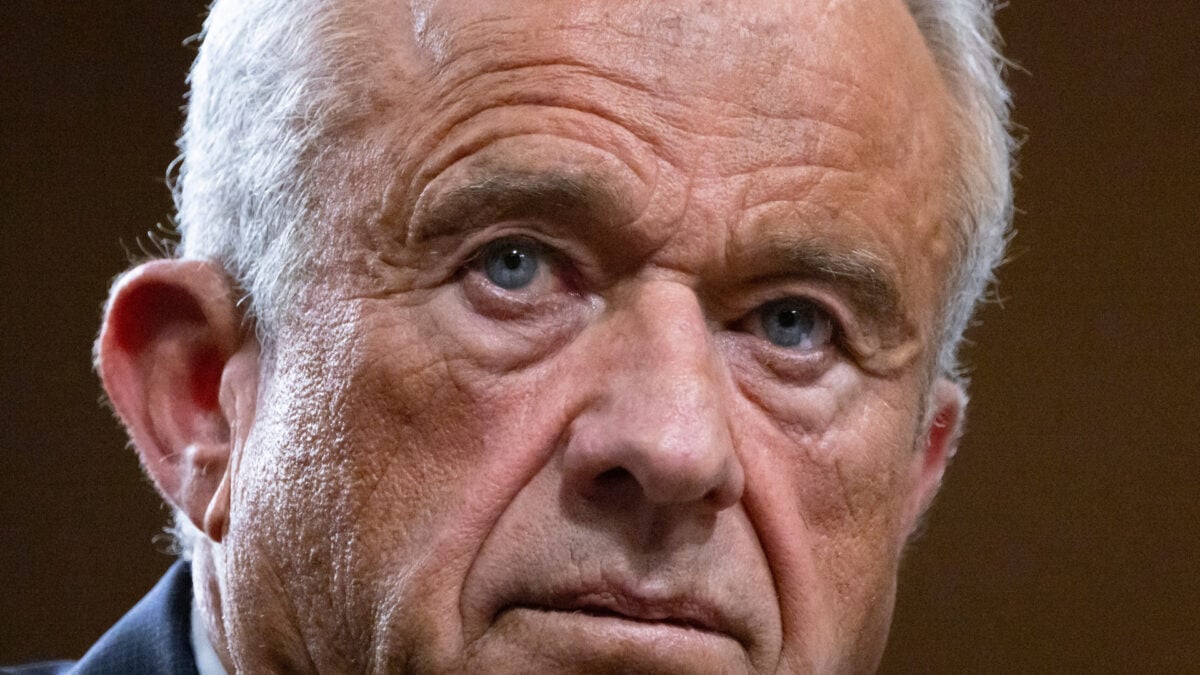Robert F. Kennedy Jr. has recently signaled a controversial direction for health policy, declaring his intention to significantly expand public access to experimental and alternative medical treatments. This move, announced during an interview on the Ultimate Human Podcast, comes with his acknowledgment that “a lot of charlatans” could exploit vulnerable individuals, raising serious concerns about public health and the potential for medical misinformation to flourish, particularly concerning RFK Jr. experimental treatments.
RFK Jr.’s Vision for Unregulated Treatments
During the interview with Gary Brecka, who identifies as a biologist and longevity expert (Brecka reportedly holds biology degrees but is not a licensed medical doctor), Kennedy outlined a future where, potentially as Secretary of Health and Human Services, Americans would find it easier to access therapies not currently sanctioned by health regulators. “If you want to take an experimental drug—you can do that, you ought to be able to do that,” Kennedy asserted.
Balancing Patient Access with Safety Concerns
While some patient advocates have long lobbied for more lenient regulations around experimental or off-label treatments, numerous health experts caution that a delicate balance must be struck between enhancing access and ensuring patient safety. Critics argue that Kennedy’s proposed approach to RFK Jr. alternative medicine may not adequately meet this crucial safety threshold, potentially prioritizing access over proven efficacy and security.
A History of Promoting Disputed Health Claims
Kennedy’s stance is further complicated by his history of disseminating misinformation regarding vaccines—one of modern medicine’s most significant achievements—as well as nutrition and other health-related subjects. He has also supported alternative treatments lacking substantial scientific backing. In his recent podcast appearance, he specifically mentioned chelation and stem cells as examples of unproven therapies that he believes should be more readily accessible to the public.
The Dangers of Unregulated Stem Cell Clinics
Stem cell medicine is a legitimate and rapidly advancing field of scientific research. However, the landscape is muddled by direct-to-consumer stem cell clinics that frequently overstate the benefits of their treatments, making unsubstantiated claims that stem cells can cure a vast array of conditions, from cancer to long COVID. This unregulated industry has seen explosive growth in the U.S. and internationally, leading to severe patient harm in some instances. Individuals have suffered pulmonary embolisms, bacterial infections, and other grave complications, including irreversible blindness, after seeking treatments at these facilities.
Chelation Therapy: Legitimate Use vs. Alternative Medicine Risks
The risk-benefit analysis for chelation therapy is arguably even more concerning when considering its unapproved uses. Chelation involves administering drugs that bind to heavy metals in the bloodstream, facilitating their excretion through urine. It is an established and effective treatment for specific types of acute poisoning or toxic metal exposures. However, within alternative medicine circles, chelation is often promoted as a “cleanse” for supposed toxins vaguely linked to numerous chronic conditions, including autism. Similar to the issues with unregulated stem cell therapies, individuals have experienced significant harm or even died after undergoing chelation for unvalidated purposes.
Acknowledging Risks, Downplaying Dangers?
Kennedy appears to be cognizant of the potential dangers associated with making such treatments more accessible. “And of course you’re going to get a lot of charlatans, and you’re going to get people who have bad results,” he stated during the interview. He seemingly dismissed these concerns as unavoidable, adding, “And ultimately, you can’t prevent that either way. Leaving the whole thing in the hands of pharma is not working for us.” This perspective raises questions about the level of acceptable risk in public health policy.
Conclusion: Undermining Safeguards and Inviting Harm
The Food and Drug Administration (FDA) has issued public warnings against chelation therapy for autism and against unregulated stem cell treatments. Kennedy’s proposals, particularly within an administration that has previously undermined established medical interventions like vaccines, could open the door for a proliferation of unlicensed drugs and therapies. This scenario presents significant risks, as desperate individuals may turn to treatments that are ineffective at best, and actively harmful at worst. Staying informed through reliable, evidence-based sources is crucial in navigating such complex health landscapes.



